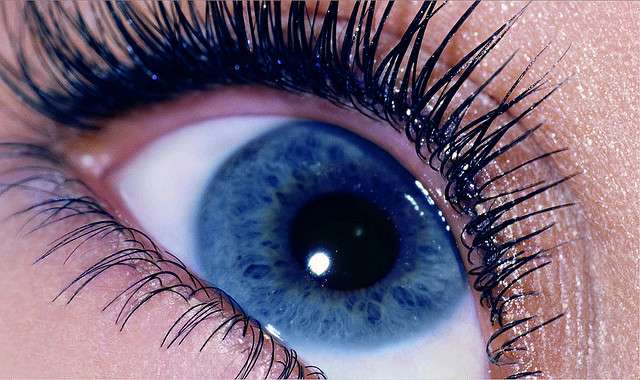Researchers Develop 'Holy Grail' Eye Drop to Prevent, Treat Cataracts Without Surgery
For millions whose vision is clouded by cataracts, surgery has been the only option-but these natural eyedrops can rid us of the nasty condition.

Eye drops that have partially reversed cataracts in lab tests could one day restore sight for millions of people around the world.
While operations to remove cataracts are common in developed countries, there are millions of people, blinded by cataracts, who have no access to the surgery.
A chemical treatment that could be administered with little training has been the "holy grail" of eye doctors for years and these drops offer new hope. Something researchers are calling "Compound 29" is the first liquid that is soluble enough to form the basis for an eye-drop alternative to cataract surgery.
Cataracts form on proteins called crystallins in the lens of the eye. Crystallins are essential for the eye to focus and they have to be transparent so you can see through the lens.
But the body never replaces crystallins — the ones you are born with are the ones you have your whole life. Other proteins, called "chaperones" keep crystallins clear for decades. However, they can lose their effectiveness over time, leaving the crystallins to fold over on themselves, harden, and cloud the lens.
CHECK OUT: Malaria Protein Accidentally Found to Be Cancer-Killing Weapon
Scientists at the University of California San Francisco (UCSF) identified a new chemical that rejuvenates crystallins. It effectively "melts" the folded crystallins, making them soluble within the lens, restoring their transparent qualities.
Starting with more than 2,400 different compounds, the researchers narrowed their research down to one — Compound 29. Used three times a week, for five weeks, it partially reversed cataracts in elderly mice. It also worked in the lab on human cataracts that had been removed through surgery.
The researchers published their findings in the journal Science.
Scientific American has an in-depth report on the research. (Photo credit: Look Into My Eyes, CC)
This is Clearly a Breakthrough Worth Sharing! Pass it on…
Be the first to comment